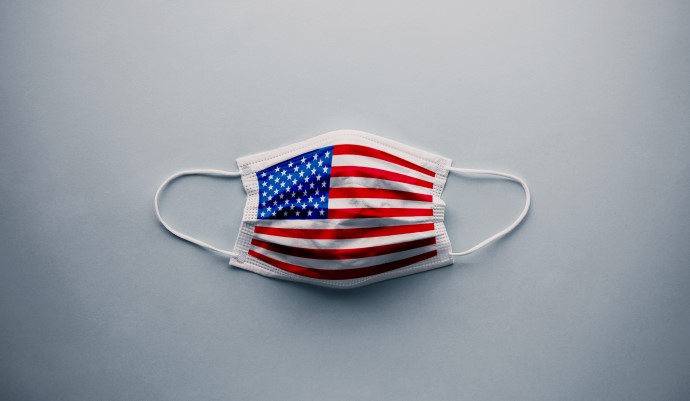FAH Asks HHS, CMS to Extend COVID-19 PHE, Regulatory Waivers
The regulatory waivers and flexibilities tied to the COVID-19 public health emergency declaration help hospitals continue to provide patient care during the pandemic, FAH wrote.

Source: Getty Images
- The Federation of American Hospitals (FAH) has urged HHS to extend the COVID-19 public health emergency (PHE) into 2023, stressing that hospitals across the country still rely on the accompanying regulatory waivers and flexibilities.
In a letter to HHS Secretary Xavier Becerra, the trade association expressed how the waivers and policies tied to the PHE have been essential in allowing hospitals to continue providing care to patients during the pandemic.
The PHE is set to expire in October, but the group urged HHS to renew it for two additional 90-day periods, extending the emergency into 2023.
“This is critical to prevent unintended consequences to our healthcare system that would result from seeking shortcuts to a smooth and responsible transition out of the sustained COVID-19 crisis,” the letter stated.
Although support from Congress has helped mitigate some of the pandemic challenges, hospitals and health systems continue to struggle as COVID-19 cases, deaths, and hospitalizations rise again, FAH said. In addition, new variants are emerging and a new vaccine may not be available until the fall.
PHE waivers have helped bring new technology to hospitals and introduce alternative care methods, such as telehealth, which increase efficiency and quality. In addition, workforce waivers have helped hospitals mitigate ongoing staffing shortages.
Congress has also implemented healthcare coverage and hospital payment policies connected to the PHE. Medicaid coverage redeterminations will begin again once the PHE ends. The 20 percent diagnosis related group (DRG) add-on for COVID-19 patients and the New COVID-19 Treatments Add-On Payment (NCTAP) will also end with the PHE.
“Indeed, the PHE has already served as a bridge to CMS’ efforts, which we strongly endorse, to transform certain temporary waivers into permanent Medicare policy, some of which may require Congressional action to avoid any disruptions,” FAH wrote.
The letter included a list of critical PHE waivers and policies FAH urged CMS to make permanent. The policies focused on remote services, clinical services, lab services, discharge planning, behavioral health, physician self-referral, workforce, and increased capacity.
FAH asked CMS to remove the requirement for nursing staff to maintain a comprehensive care plan, as the group said it is redundant and impedes patient care.
The letter requested that CMS permanently eliminate restrictive practice limitations on nurse practitioners. FAH also asked CMS to allow extensions to residency cap-building periods for new graduate medical education (GME) programs. This would allow programs to account for COVID-19-related challenges, including recruitment, resource availability, and program operations.
